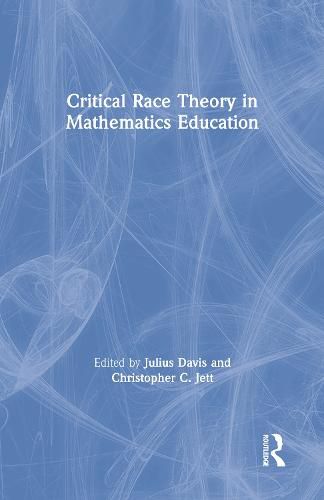Readings Newsletter
Become a Readings Member to make your shopping experience even easier.
Sign in or sign up for free!
You’re not far away from qualifying for FREE standard shipping within Australia
You’ve qualified for FREE standard shipping within Australia
The cart is loading…






Critical Race Theory in Mathematics Education brings together scholarship that uses critical race theory (CRT) to provide a comprehensive understanding of race, racism, social justice, and experiential knowledge of African Americans’ mathematics education. CRT has gained traction within the educational research sphere, and this book extends and applies this framework to chronicle the paths of mathematics educators who advance and use CRT. This edited collection brings together scholarship that addresses the racial challenges thrusted upon Black learners and the gatekeeping nature of the discipline of mathematics. Across the ten chapters, scholars expand the uses of CRT in mathematics education and share insights with stakeholders regarding the racialized experiences of mathematics students and educators. Collectively, the volume explains how researchers, practitioners, and policymakers can use CRT to examine issues of race, racism, and other forms of oppression in mathematics education for Black children and adults.
$9.00 standard shipping within Australia
FREE standard shipping within Australia for orders over $100.00
Express & International shipping calculated at checkout
Critical Race Theory in Mathematics Education brings together scholarship that uses critical race theory (CRT) to provide a comprehensive understanding of race, racism, social justice, and experiential knowledge of African Americans’ mathematics education. CRT has gained traction within the educational research sphere, and this book extends and applies this framework to chronicle the paths of mathematics educators who advance and use CRT. This edited collection brings together scholarship that addresses the racial challenges thrusted upon Black learners and the gatekeeping nature of the discipline of mathematics. Across the ten chapters, scholars expand the uses of CRT in mathematics education and share insights with stakeholders regarding the racialized experiences of mathematics students and educators. Collectively, the volume explains how researchers, practitioners, and policymakers can use CRT to examine issues of race, racism, and other forms of oppression in mathematics education for Black children and adults.